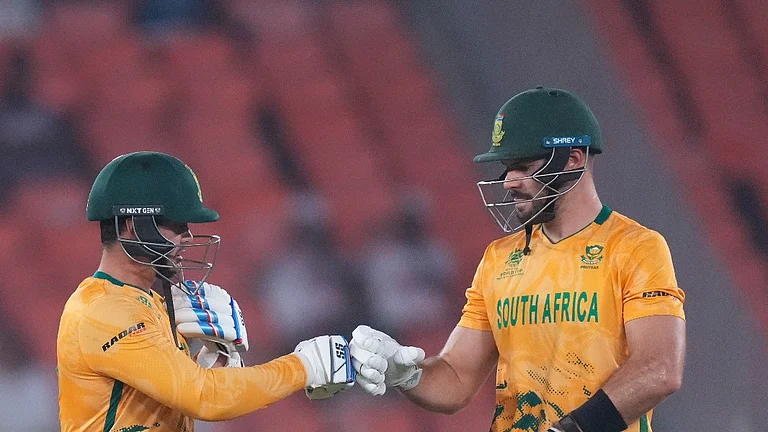Even as the government basks in the glory of finally starting the petroleum decontrol process, many concerns have been raised about the absence of a clear-cut mechanism to enforce this big-bang move. It’s not simply a matter that will be sorted out with a notification (which the government says it will do in a couple of weeks); there are genuine apprehensions about the government’s intent.
For one, oil-marketing companies (OMCs) are not sure how the deregulation of petrol would affect prices, or with what frequency. Ideally, say experts, the government should let market forces operate and allow OMCs to decide prices in tune with global crude prices and change them, if necessary, even on a daily basis. But the government has already said that it will announce how frequently companies should monitor prices. This has not gone down well.
Also not clear are issues related to payments to refineries and whether company-owned and cross-company refinery rates would be uniform or not. In a deregulated environment, everything should be market-led. But PSUs are under the government’s ambit—and that could seriously impede their functioning in a competitive scenario. The subsidy-sharing formula between upstream and downstream companies has also not been specified yet, though the government will have to do it soon for companies to operate profitably.
The government has left a door open to intervene if global prices shoot up sharply. While this is understandable, the absence of a cut-off limit has caused uncertainty. Kirit Parikh, chairman of the committee on petroleum pricing, says, “It would have been nice if the government had stated it would intervene only if the global crude prices hit a point, like $120 to a barrel. Now, there’s uncertainty in every OMC’s mind...private firms will think twice before moving forward in this field”.
One way of looking at all the monitoring is that it’s just a way for the government to keep the oil PSUs afloat. Already, there is talk of fierce competition as private sector OMCs like Reliance, Essar and Shell ready their arsenals to take on the PSUs. Remember, in the short duration of deregulation in 2001-02, Reliance had garnered a 12 per cent market share in petrol. Private players have enough refining muscle to take the PSUs head-on. “There will be a price war,” avers Varatharajan Sivasankaran, analyst, Indiabulls.
But this game will truly begin when diesel deregulation happens. There’s mixed opinion as to when the government will bite the bullet. As the government will be wary of the inflationary impact, says Vandana Hari, of consultancy firm Platts, “it might not happen soon”. There’s an overall sense of disappointment. Says former petroleum secretary S.C. Tripathi: “Diesel prices are anyway close to the international levels, so if the government adjusted the taxes, the increase on account of deregulating it could have been taken care of.”
But as the PM has affirmed, diesel will be freed only in some time—and till then, private players can’t really celebrate. Says a Reliance official: “There is no level playing field now as diesel is not deregulated. If that isn’t done, it will not benefit us.” Essar Oil, the second big private player, is optimistic that diesel deregulation will happen soon. Private OMCs have supremacy in highway retail outlets, the PSUs’ marketshare on diesel will suffer. With the private sector licking its chops in anticipation, expect the Centre to play some command-and-control games.


















